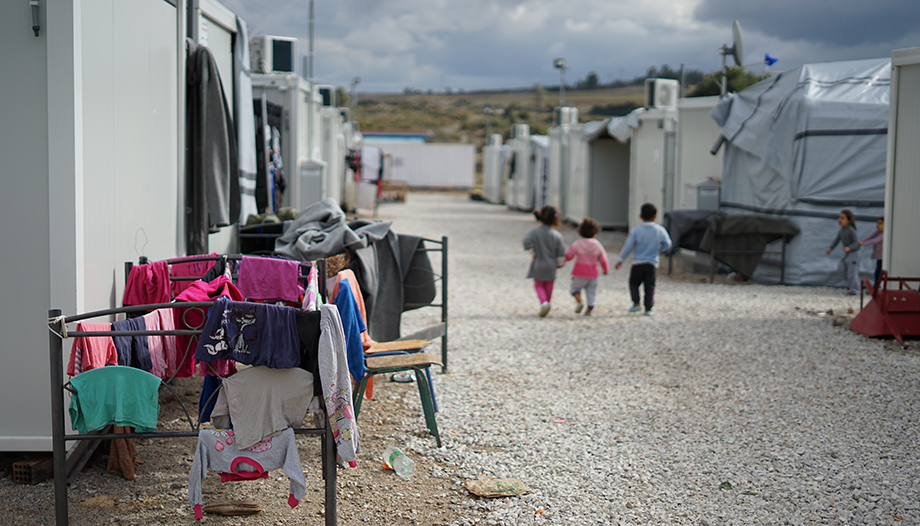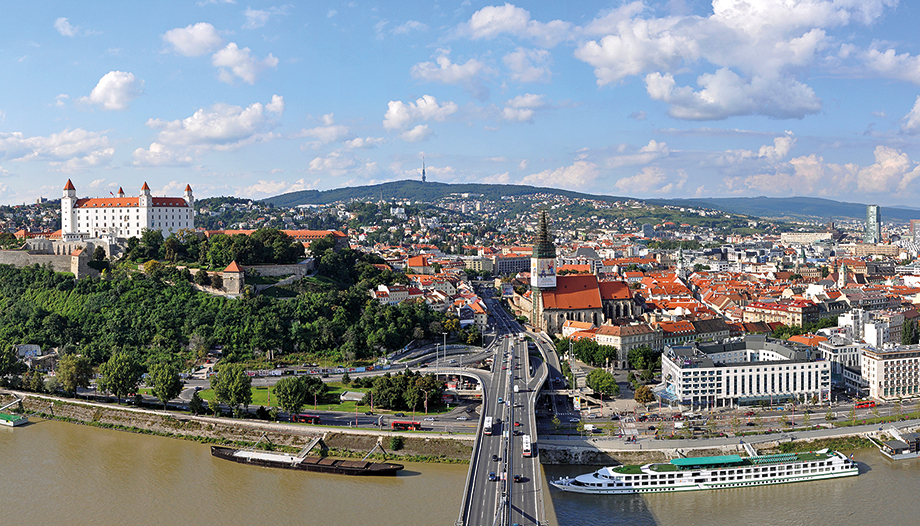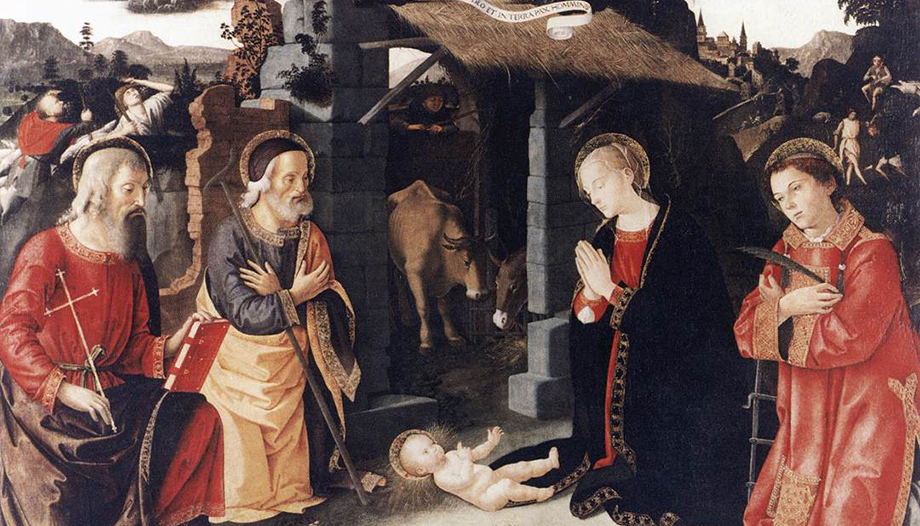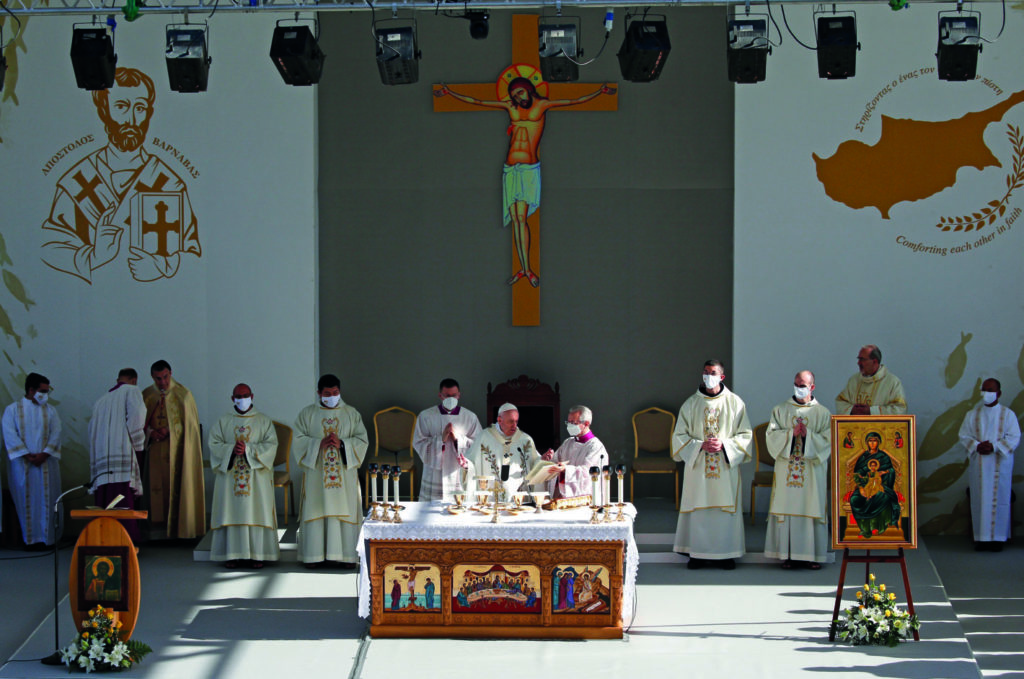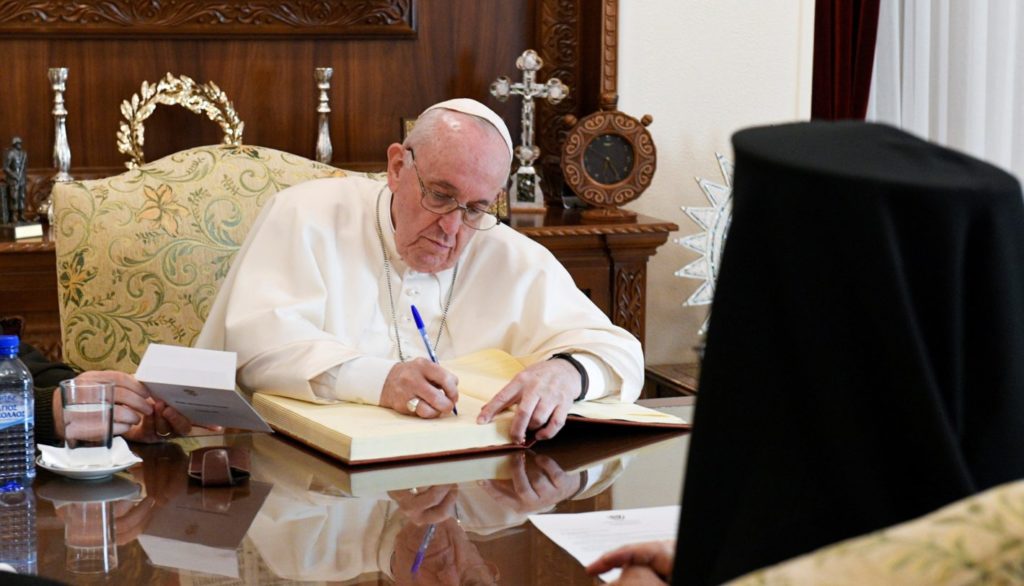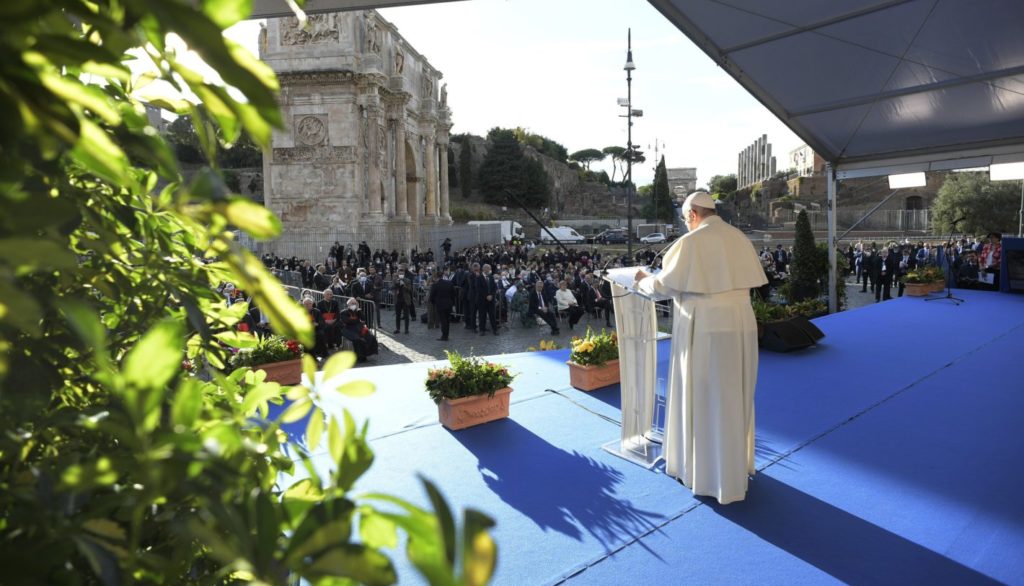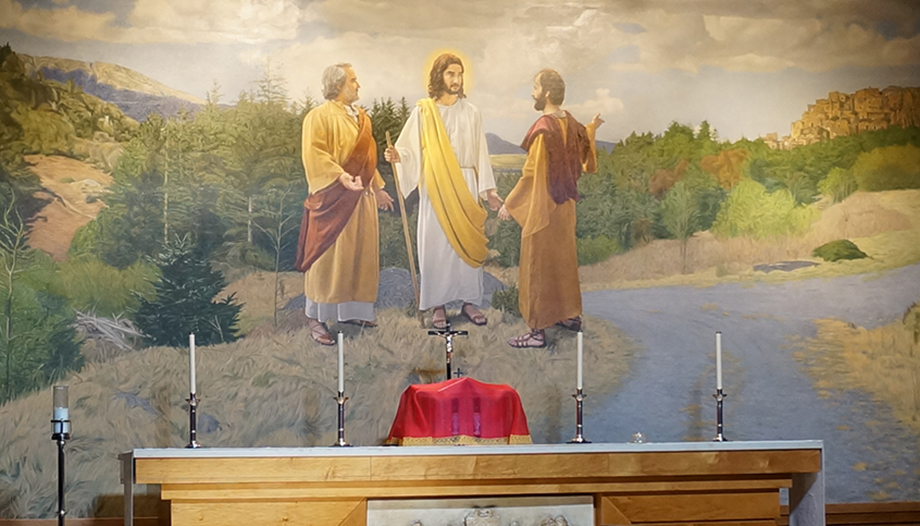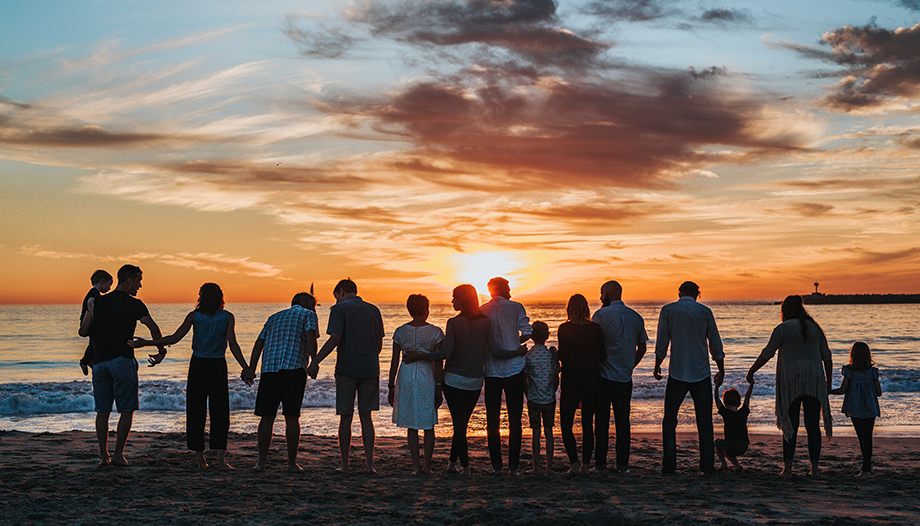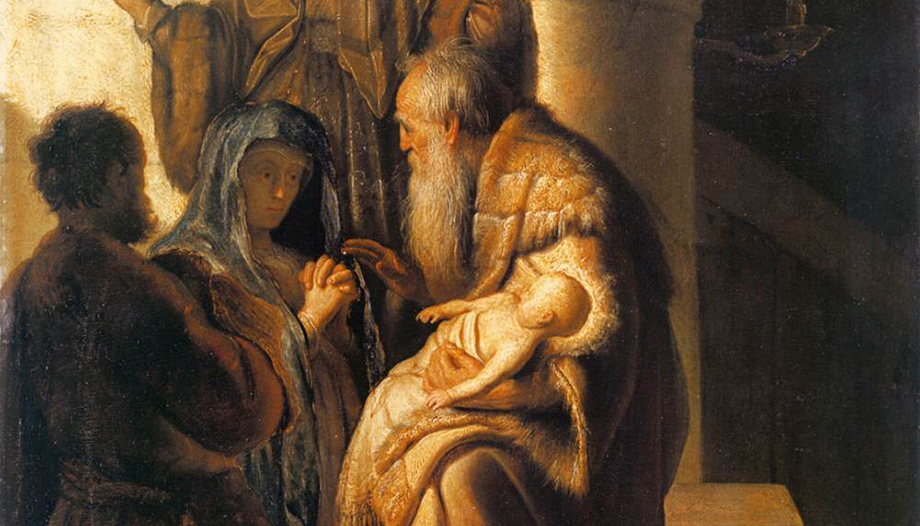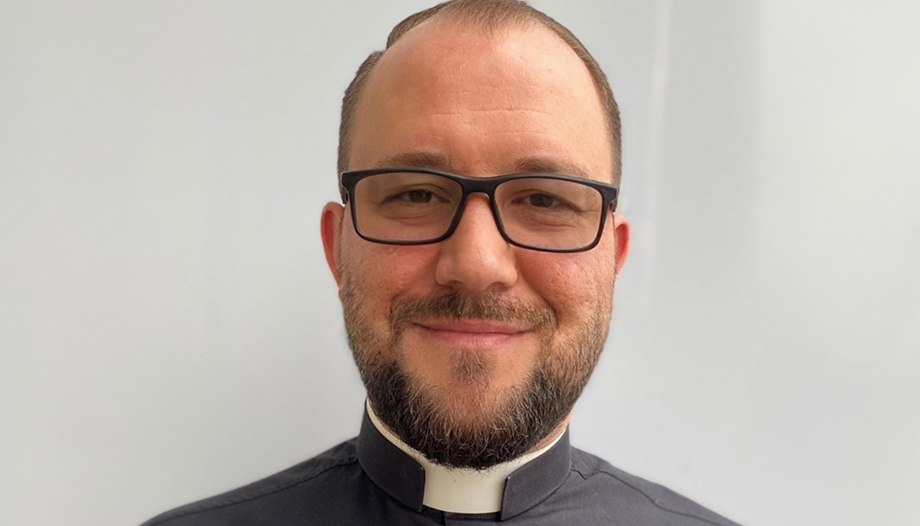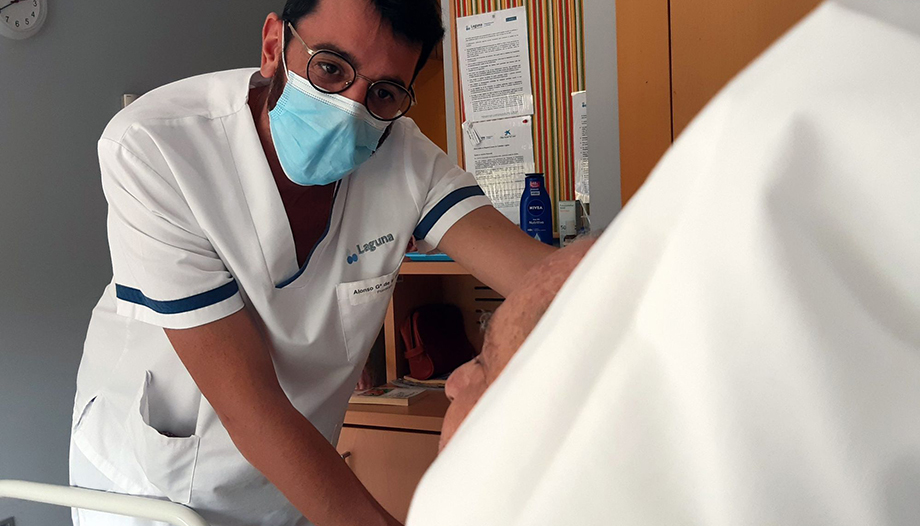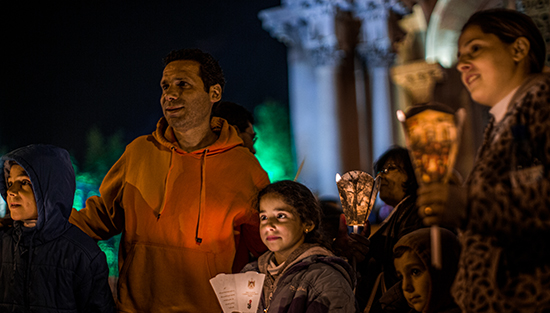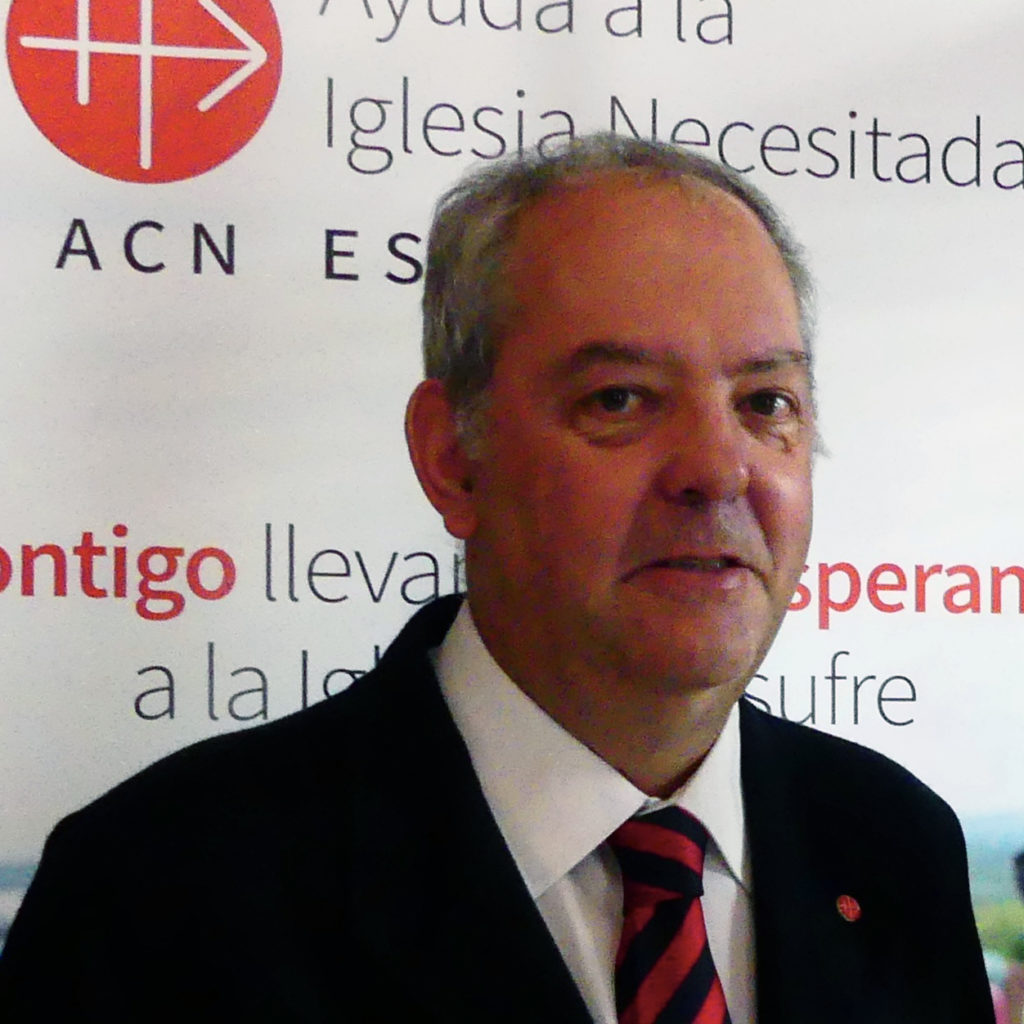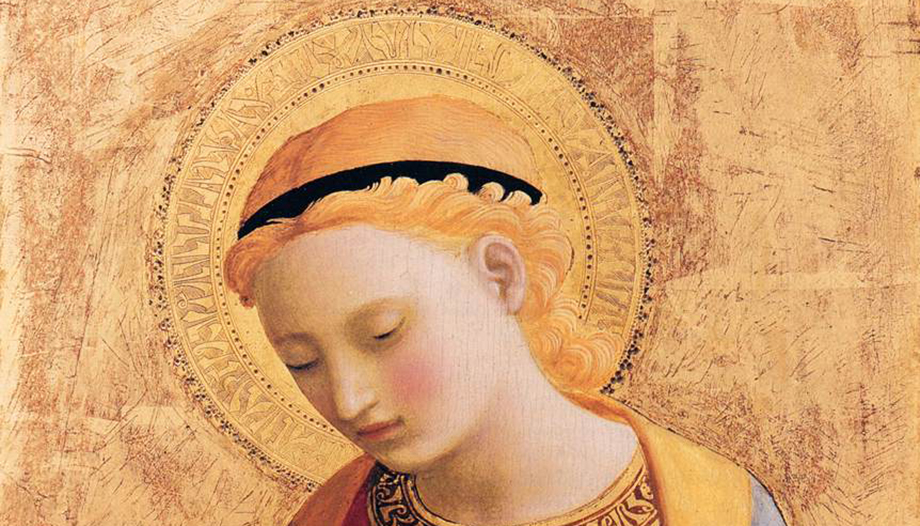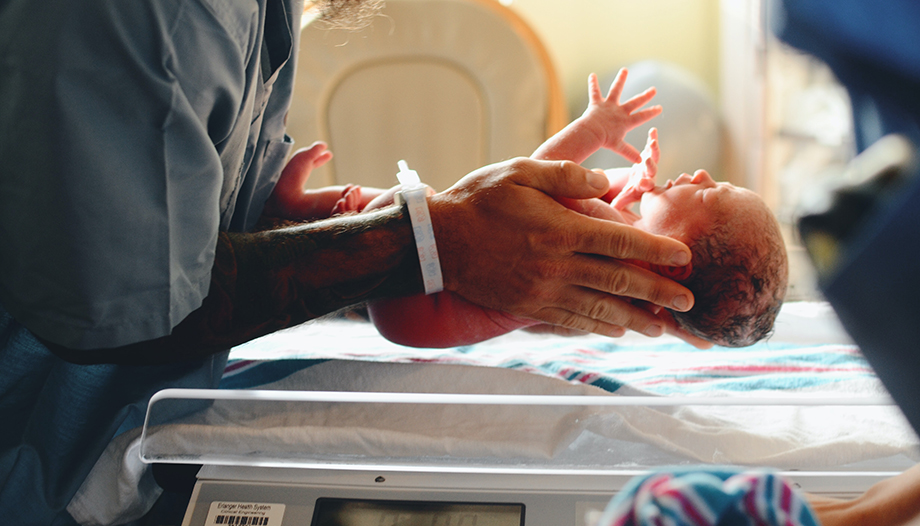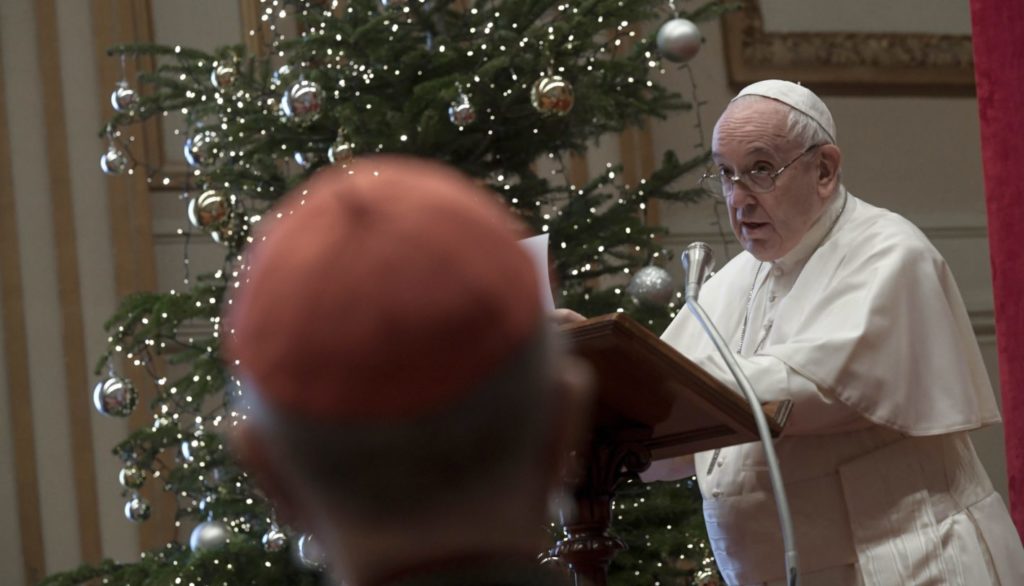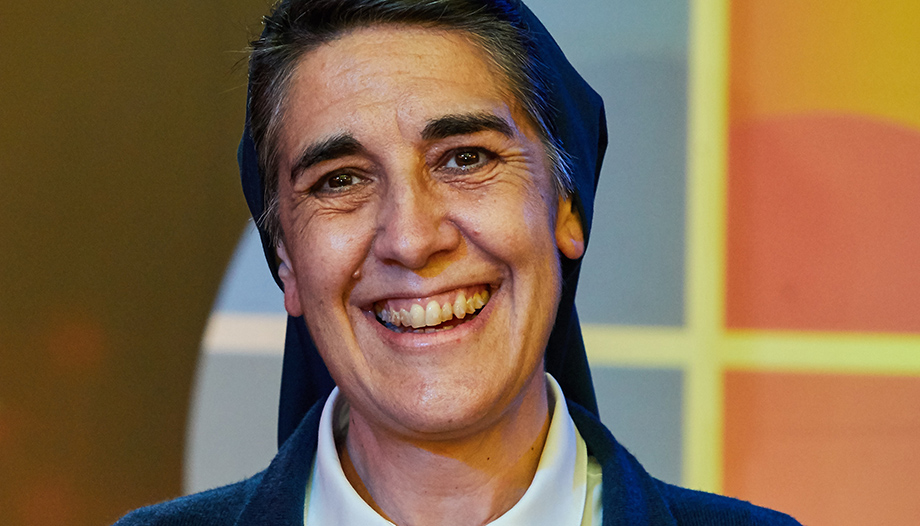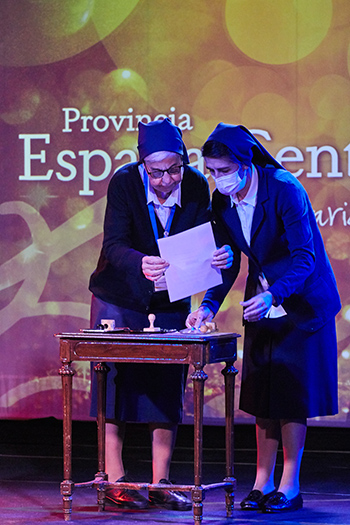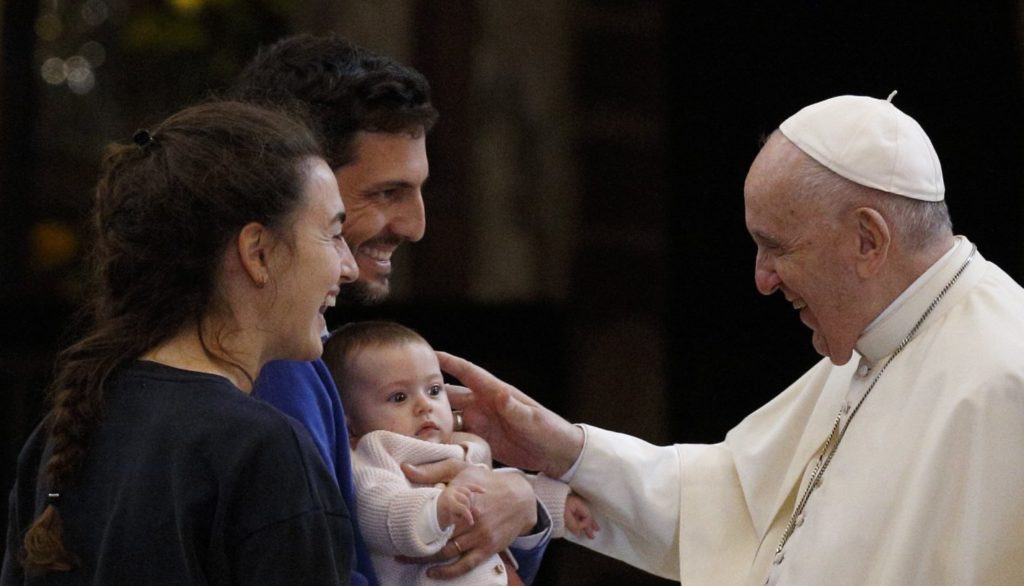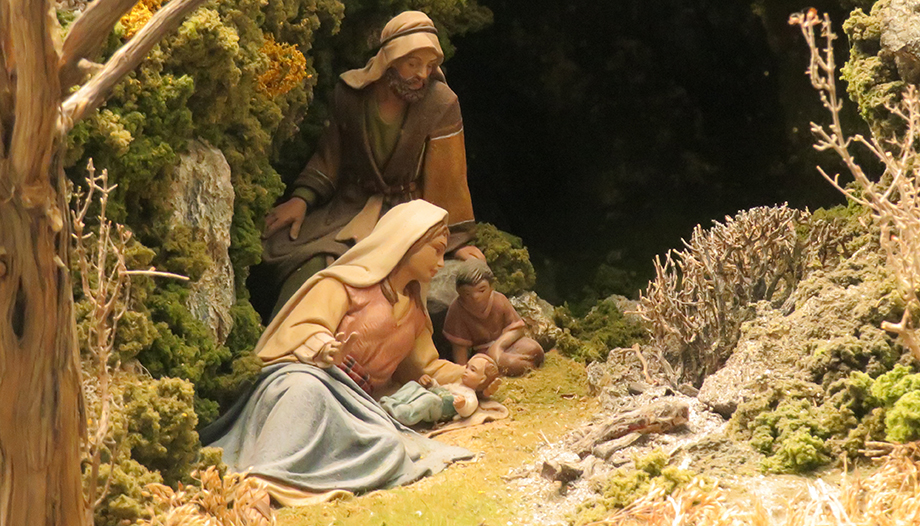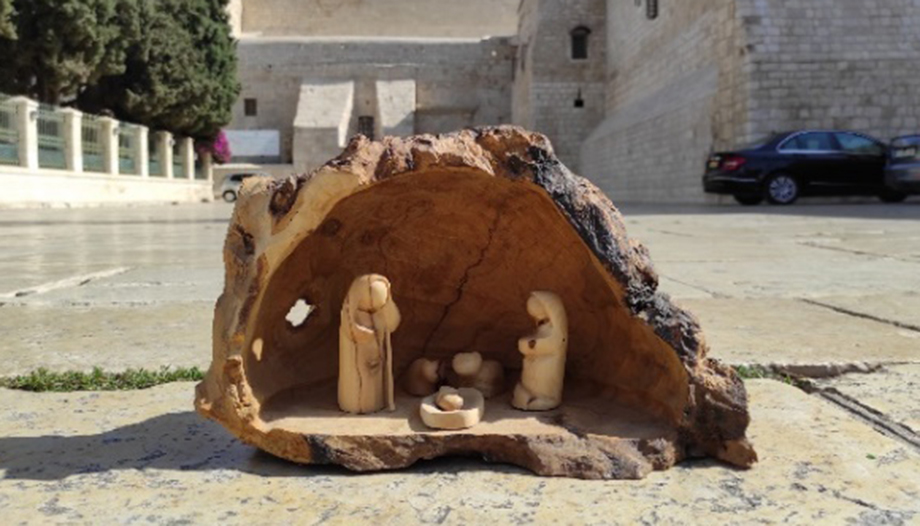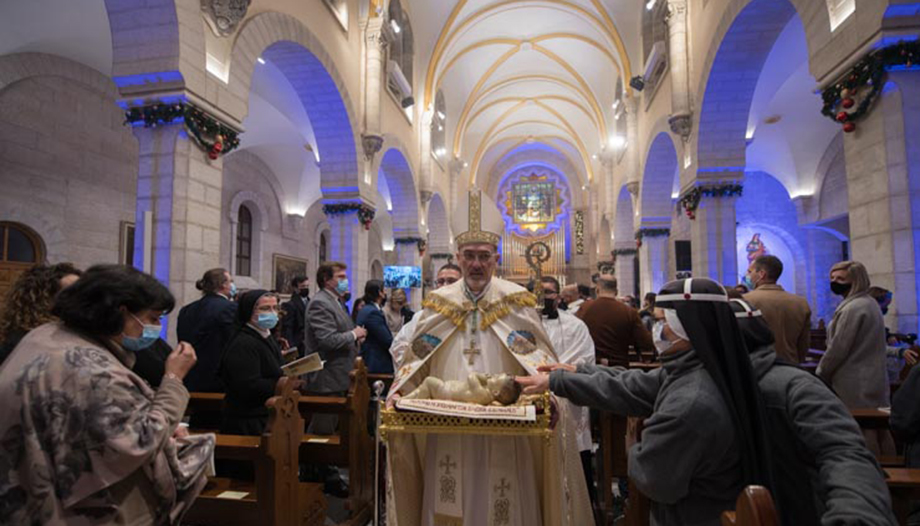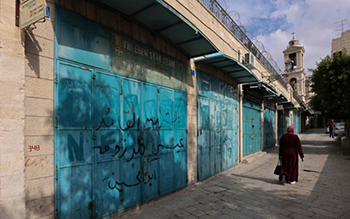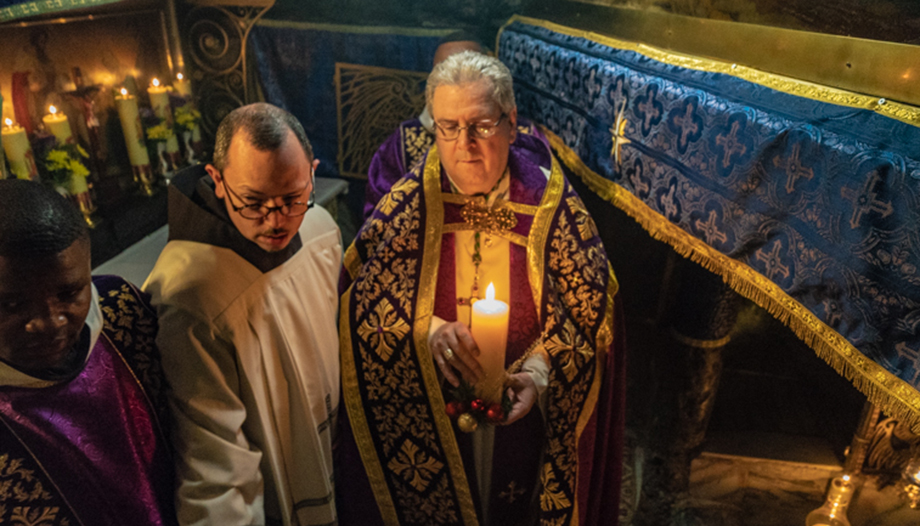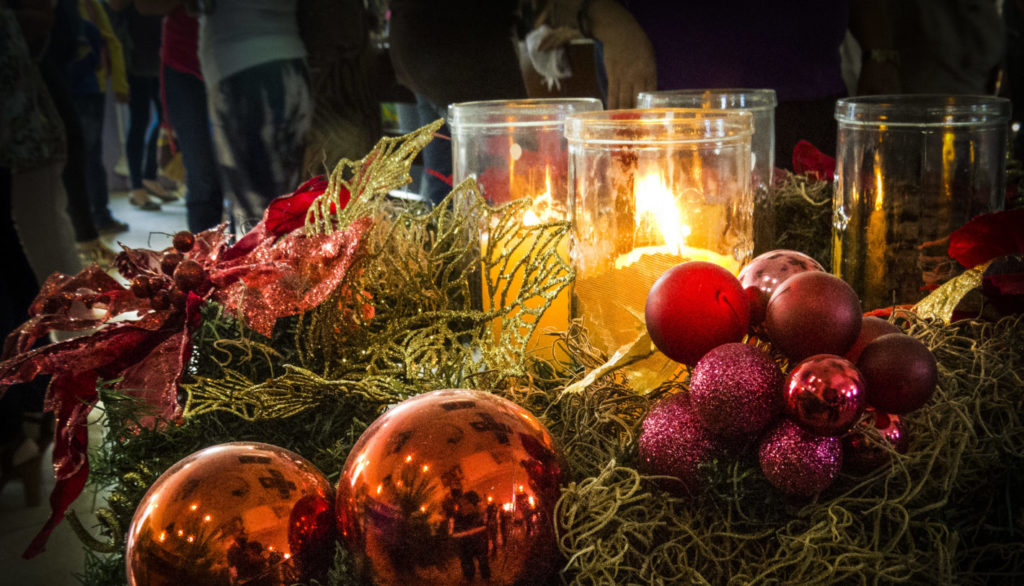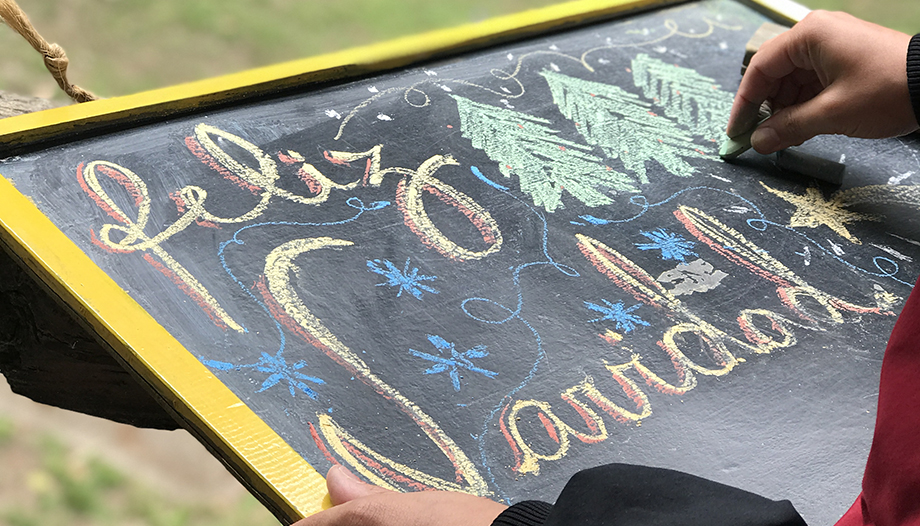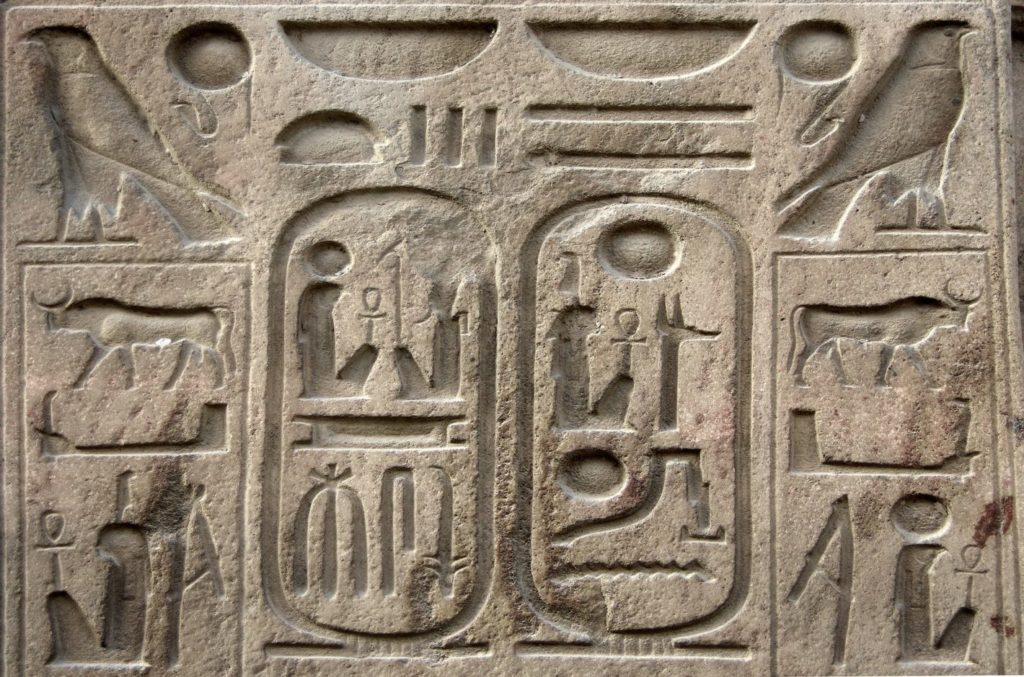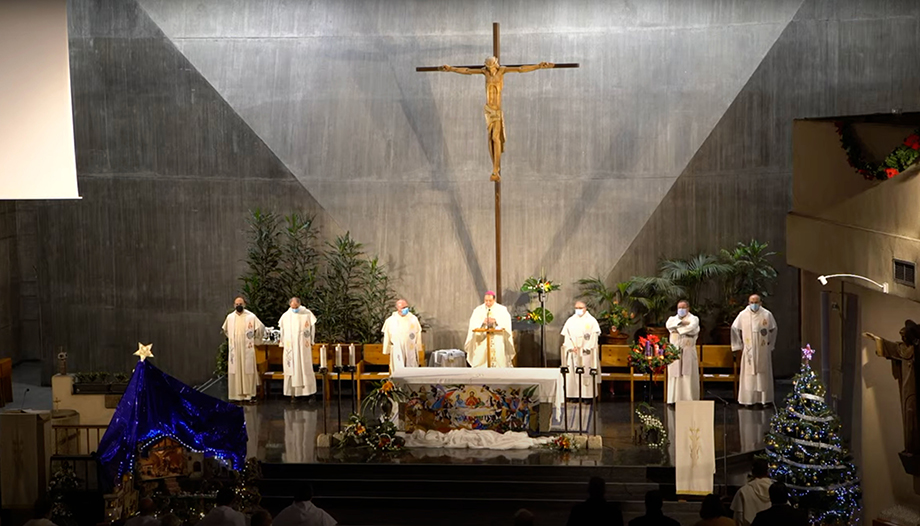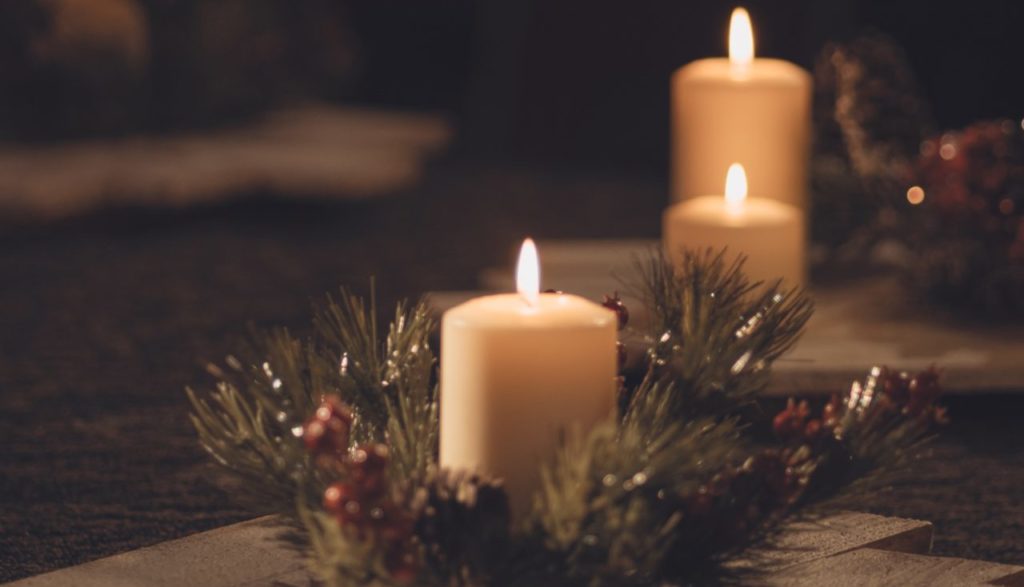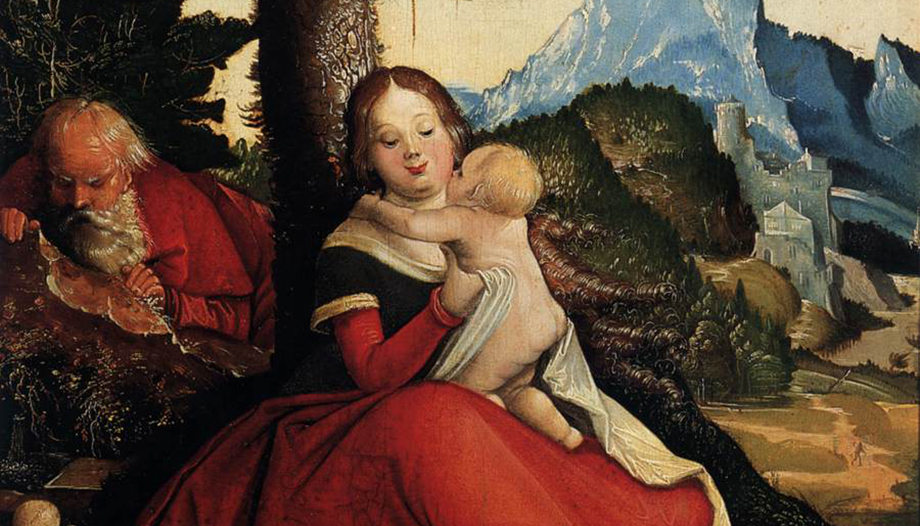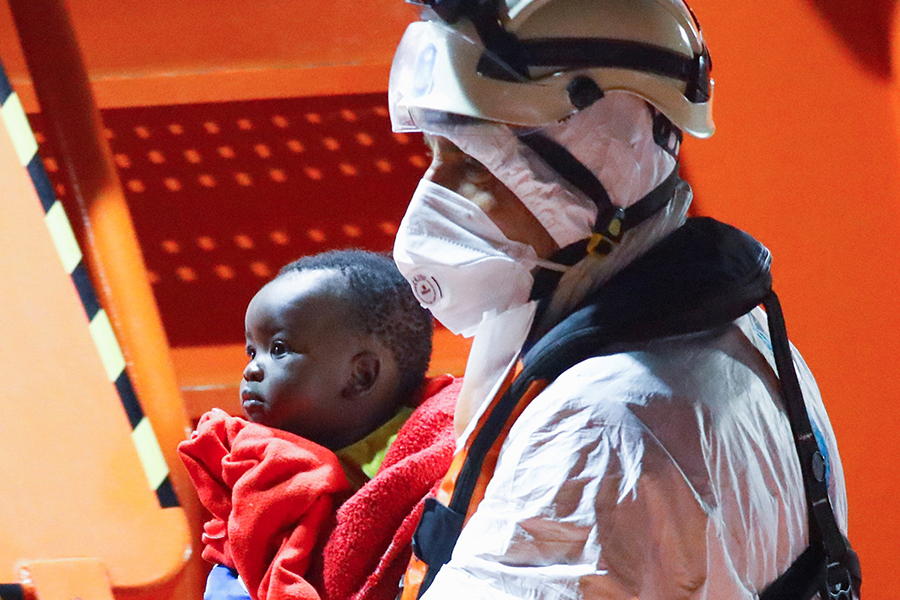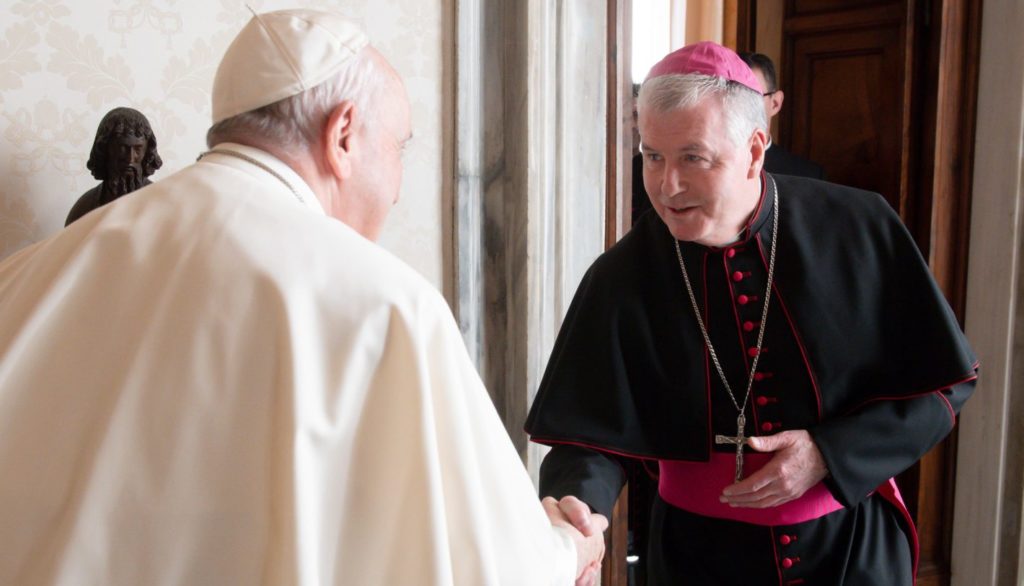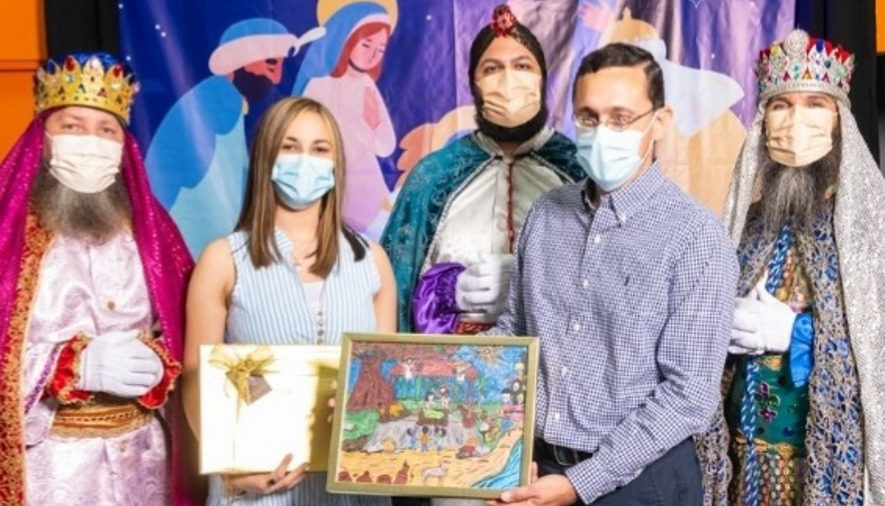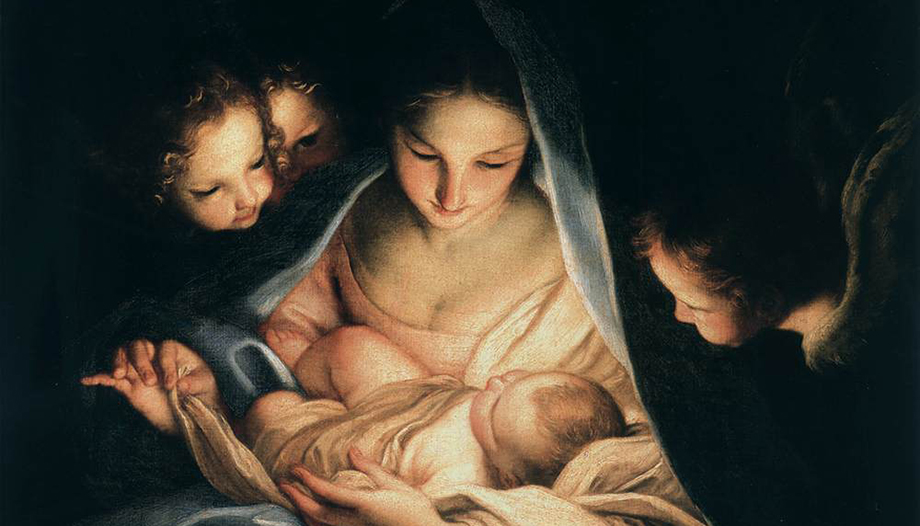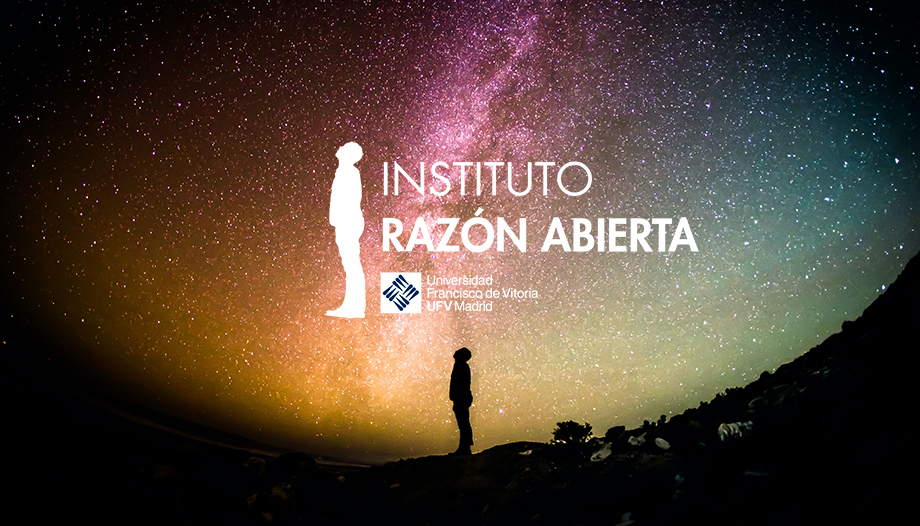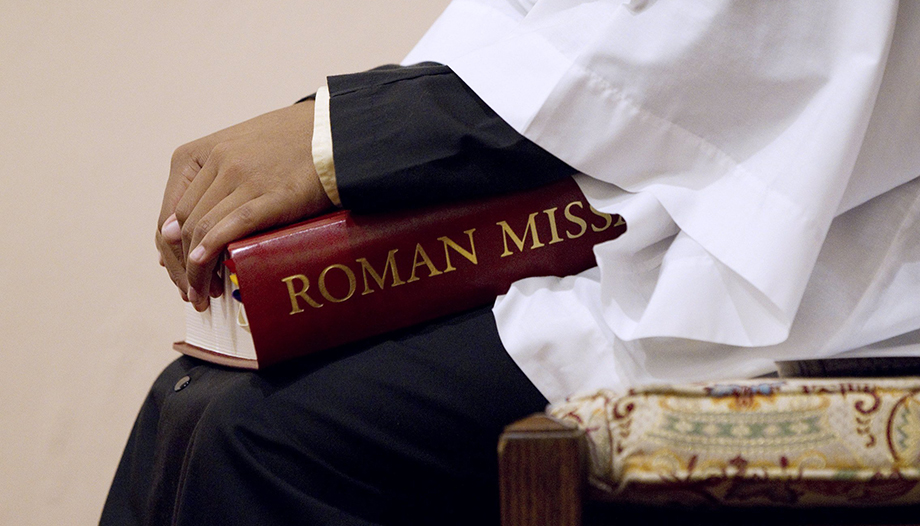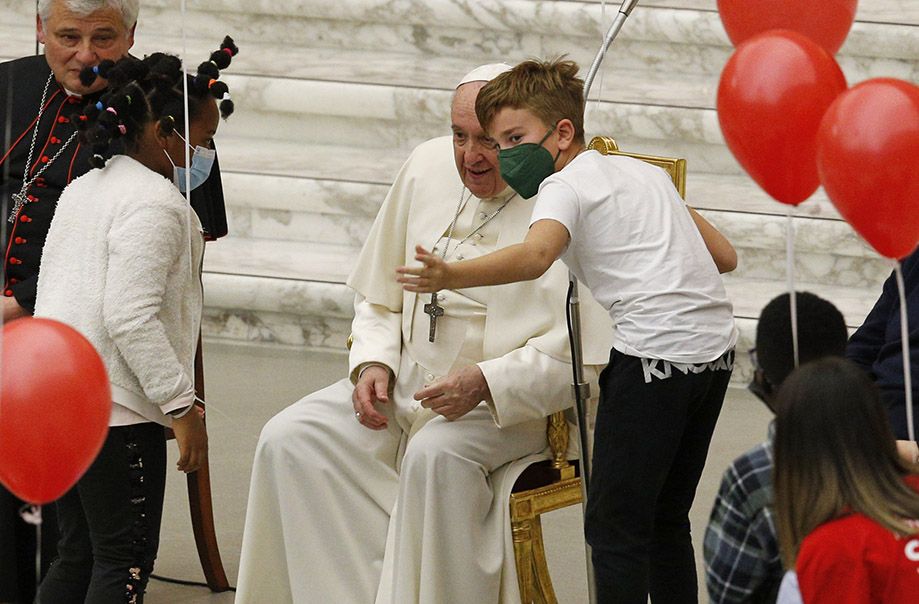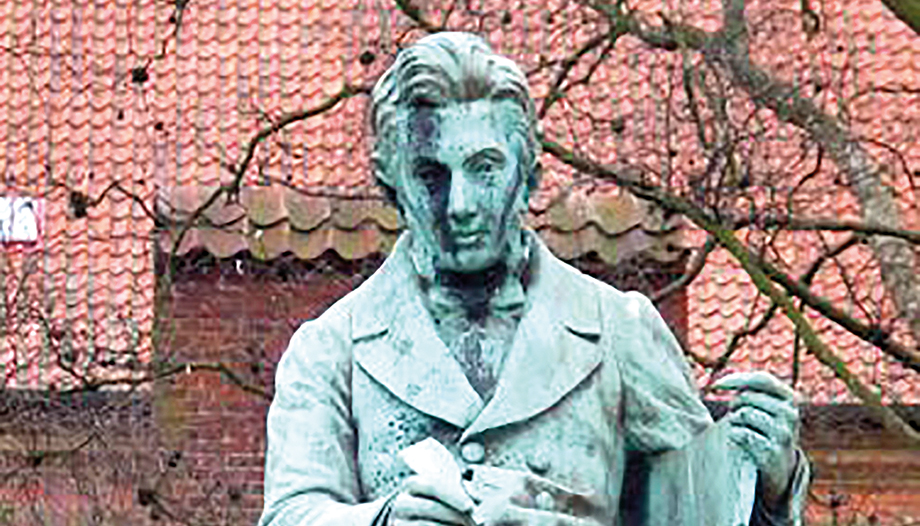Do we know how to situate Jeremiah in history, when he lived, why he wrote what we read today, whose contemporary was King David? Questions like these were the ones that led Jesús Gil and Jose Ángel Domínguez to combine their knowledge of graphic design, spiritual theology and biblical theology in The portico of the Bible, which, reminiscent of the Portico de la Gloria that gives access to the cathedral of Santiago de Compostela, is conceived as a "gateway" to the knowledge and deepening of the books that make up the Old and New Testament.
Jesús Gil, a priest of the Prelature of Opus Dei and doctor in Spiritual Theology from the Pontifical University of the Holy Cross, who had previously worked in various media as a visual journalist and art director, explains how this reference book came about: "Both Jose Angel, who has a Ph.D. in Biblical Theology, and I had previously taught classes on the history and geography of the Holy Land. We had the Oxford Bible Atlas maps, the chronology done, from the Saxum Visitor Center and we had worked on the subject. During the confinement I began to consider asking Oxford for the rights to these maps and we began to work out what would be the basis of this book. We worked out a plan with the Saxum Foundation - with whom I had already published Traces of our faith- a guide to the Holy Land - and thanks to her, it was possible to carry out this project"..
The support of the Saxum International Foundation is what has made it possible for The portico of the Bible is a reference book made available to anyone who wants to use it. It can be downloaded free of charge and is designed to support the teaching and study of the Bible at all levels. "The origin is very academic, very didactic." Jesús Gil highlights. "We wanted to make some good materials to teach these Bible classes and make them available to everyone, something that would not have been possible with a conventional publisher and that has been possible thanks to the Saxum International Foundation.".
In addition to their previous work and the support of the Foundation, the authors of The portico of the Bible The project has benefited from the advice and guidance of several professors of Biblical Theology and History from the San Dámaso University of Madrid (Napoleón Ferrández and Agustín Giménez), the San Vicente Ferrer Faculty of Theology of Valencia (Joaquín Mestre), the University of Navarra (Francisco Varo, Vicente Balaguer and Fernando Milán) and the Pontificia Università della Santa Croce of Rome (Carlo Pioppi).
The portico of the Bible is available in Spanish. The English and Polish versions of the texts are in their final stages, and the Portuguese and Italian editions are being prepared. In this regard, Jesús Gil points out: "Hopefully there will be many more editions, such as those of Footprints of our Faith which, in addition to the above, is published in French, German and Korean"..
Situating the history of salvation
What does this book bring to any Christian? Jesús Gil points it out clearly: "Situating salvation history in time and space."
A fact that is not trivial, since, as Gil, "This is the basis of the whole theology of the Incarnation: God became man at a specific moment in history, in a precise place in the world and not in any other place".
For the Christian who approaches the Bible as part of the knowledge of Christ, "knowing the history and the places where our salvation history unfolds are fundamental.".
Approaching Sacred Scripture
"With Jesus we also meet in his Word", Jesús Gil recalls. For this reason, understanding what and why Sacred Scripture says certain things, speaks of certain kings or areas or mentions traditions from different sources can be of great help in understanding more fully the message of these passages of the Old and New Testament.
There are many Christians who really do not know the Bible. Historically, moreover, there has been a kind of misgivings about the difficulty of reading some books, as Jesús Gil himself acknowledges: "It is true that there are books and passages in Sacred Scripture that are not easy to understand and interpret today, but they also have teachings for the men and women of today. Every month I give an adult confirmation catechesis and, on many occasions, I ask how old King David was... No one knows how to answer that he is from the year 1000 BC. This fact is not indifferent because, when David decides to build the temple, God sends Nathan to confirm him in the goodness of his purpose and also to tell him that his hands are stained with blood and that his son Solomon will build it. But in addition, Nathan already makes the messianic prophecy: "Your house and your kingdom will always stand firm before me, your throne will last forever." (2Samuel 7:16-17) and this prophecy takes a thousand years to be fulfilled, which gives us to understand that God's times are not our times". Another example that the author points out is that of knowing the history of the people of Israel. For example, in relation to the promised land, given by God, it is noted that it goes from one failure after another: deportations, wars, slavery... "The whole story of failures, of banishments, infidelities, comings and goings... also says a lot to us, because our life is full of the same." points out Jesús Gil. "No life is perfect and yet, out of failures, God is speaking and purifying his people."
One of the most important new features of The portico of the Bible are the index cards for each book that makes up Sacred Scripture. In this case, the books are not presented in canonical order but in chronological-temporal order, with the objective of helping to frame the moment of Scripture or to which the biblical books refer in the context of universal history. These explanatory charts of each of the books that make up the Old and New Testament are synthetic and informative charts.
For each book, the literary genre, the story told or its historical context, the time and process of composition, authorship, main teachings, key concepts, relevant aspects of the structure and central passages are detailed.
The graphs are accompanied by illustrations by National Geographic Magazine and data on the oldest surviving manuscripts for each book, also compiled by the American magazine.
As Jesús Gil points out, this choice of chronological order has not been easy."Some books of the Bible are easy to frame, but others are not. It is practically impossible to order them exactly. We find books like Isaiah, which was written over hundreds of years, or Daniel, whose date is unknown. At The portico of the Bible these books are placed in the place where their message can best be understood".
The documentation work for this book has been extensive. Jesús Gil highlights, for example, the valuable help of the book by Vicente Balaguer Introduction to Sacred Scripturein which he explains how the writing of the book of Genesis corresponds to the time of the Babylonian exile. "Genesis is written in contrast to Babylonian myths."recalls Jesús Gil. "The people of Israel are the only monotheistic people in the midst of a polytheistic society, in which the world is explained as a consequence of confrontations between gods... The Jews deny this explanation and turn to their oral tradition: that of the creation of the world by a unique, good God, who creates it out of love... Knowing when each of these books was written gives some reading keys that make it easier to understand the content of each book".
The book, moreover, is the result of an enormous work of coordination and adequacy between design and content. Each book is presented in one or two pages, including explanatory cards. In addition, the chronologies included cover the history of salvation from Abraham to the present, with information on the historical context of other civilizations close to Israel or universal history.
An invitation to read the Bible
With The portico of the Bible the authors would like to make a "invitation to read every book of the Bible.". It is conceived as a reference book.
"This book does not exhaust itself, but should lead to reading other books, for example books of the Bible, or introductions to reading biblical books."Jesús Gil points out that, in addition to the above-mentioned Introduction to Sacred Scripture points out the usefulness of the EUNSA commentaries on the Holy Bible, written by professors of Theology at the University of Navarra.
The portico of the Bible can help to get the most out of each Sunday's readings, notes Jesús Gil. In fact, one of the objectives of this book is to serve as an aid in Sunday preaching for priests or in catechesis. "It often happens that, in the Old Testament passage on Sunday, we do not know the context. For example, when we read part of Jeremiah's oracle of consolation, which is almost at the end of his book, we read it without knowing what has happened before. Jeremiah witnesses the destruction of Israel, the deportation to Babylon... the consequence of evils that he himself had denounced. Therefore, the fact that Jeremiah himself, at the end of the book, has some oracles of consolation and restoration of the kingdom of Israel gives it much more value, because throughout his book he denounces the sins and evils of the people and warns of an evil, of destruction, but ends with consolation. Knowing this gives more value to that consolation.".
To know Sacred Scripture better in order to know God better, this would be the key goal of The portico of the Bible since, throughout the Bible, "God makes himself known and makes known how he acts. If we do not know Sacred Scripture, we do not know a large part of God's history with us", Gil concludes.
The Saxum Foundation and the Visitor Center
The portico of the Bible is linked, in a way, to another book, Footprints of our faith, as a preparation for the pilgrim's visit to the Holy Land. Both titles have been published by the Saxum International FoundationIts main objective is to offer the possibility of reaching an encounter with God through a deeper and historical knowledge of the places where Jesus lived, preached and acted. Its main project is the Saxum Visitor Center located 15 kilometers from Jerusalem and offers, at its entrance, a chronology that combines the history of salvation with major historical events, as well as a large map of the Middle East places the pilgrim in the history of the places he or she is visiting. Inside, an interactive, multimedia experience is offered through which pilgrims get a perfect idea of what life and the main events of salvation history would be like.





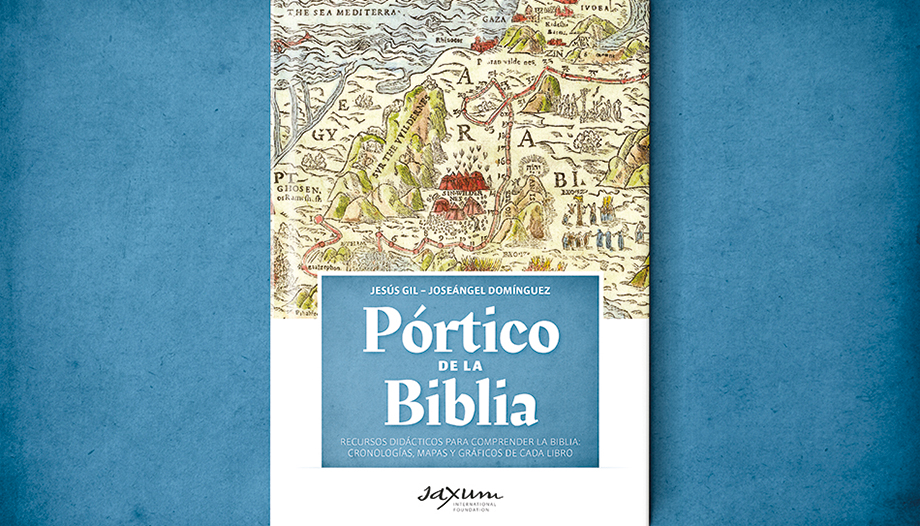






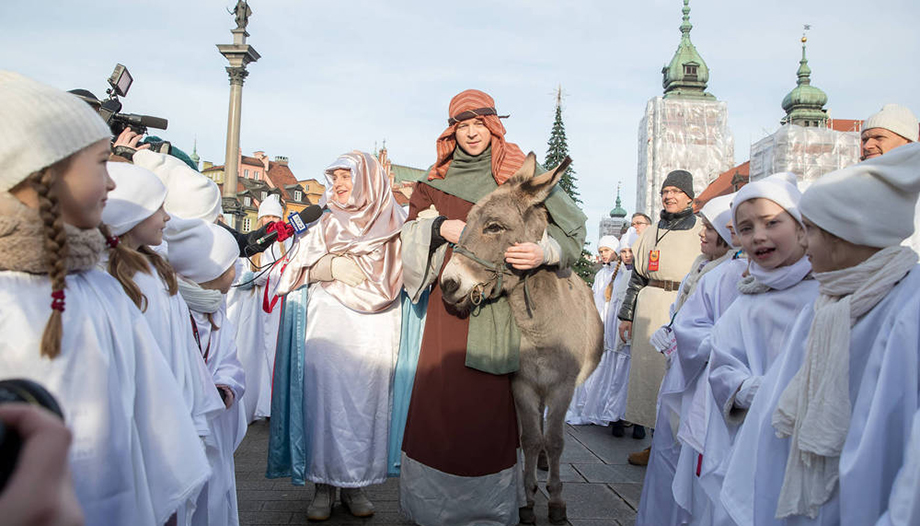
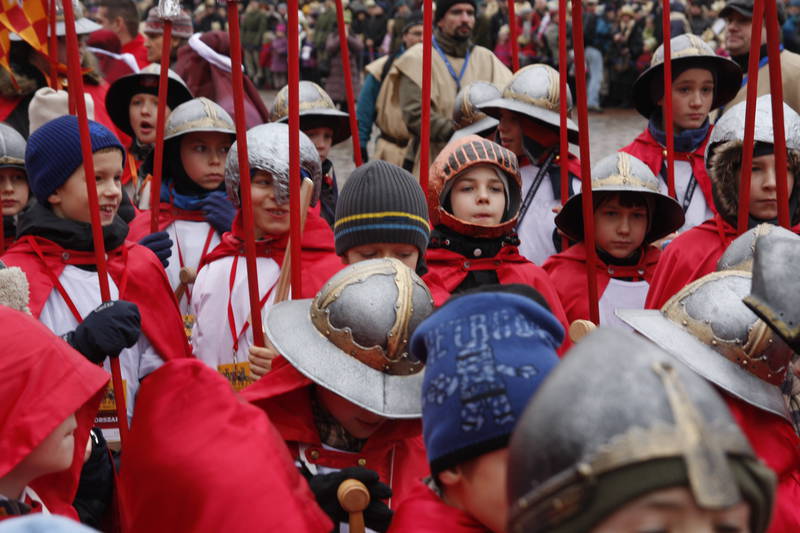
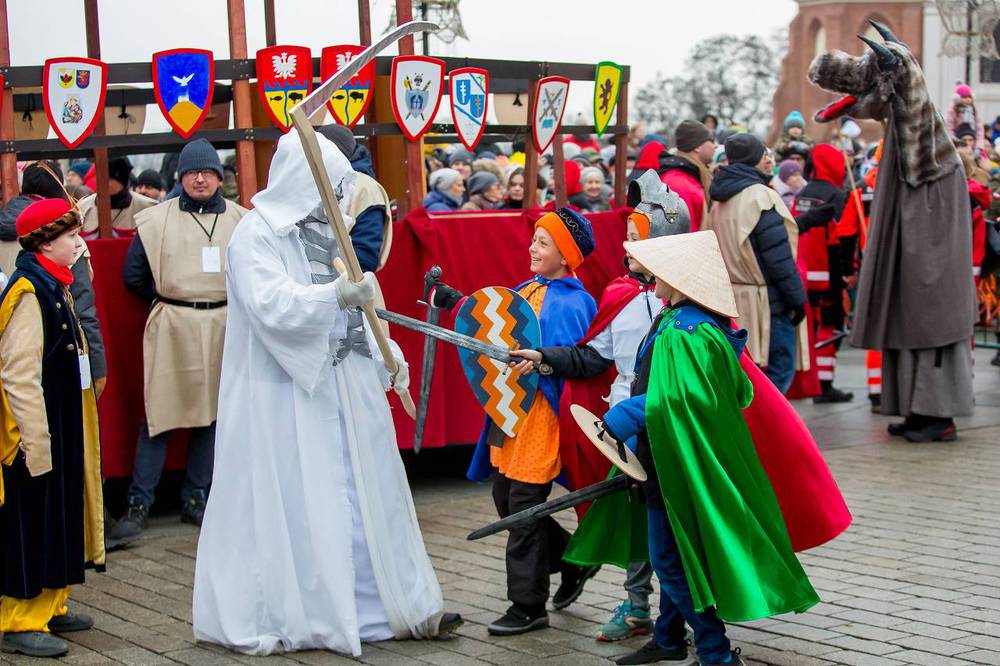
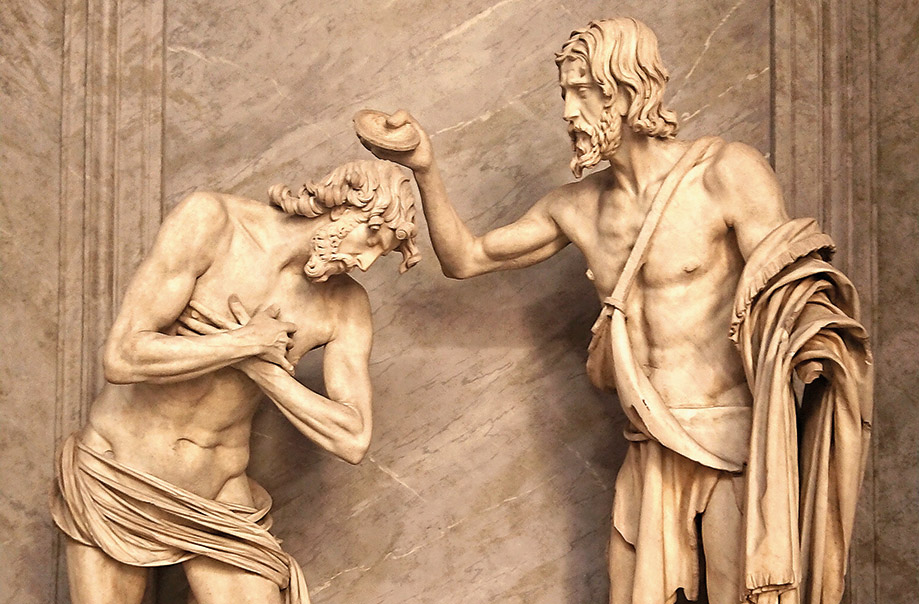
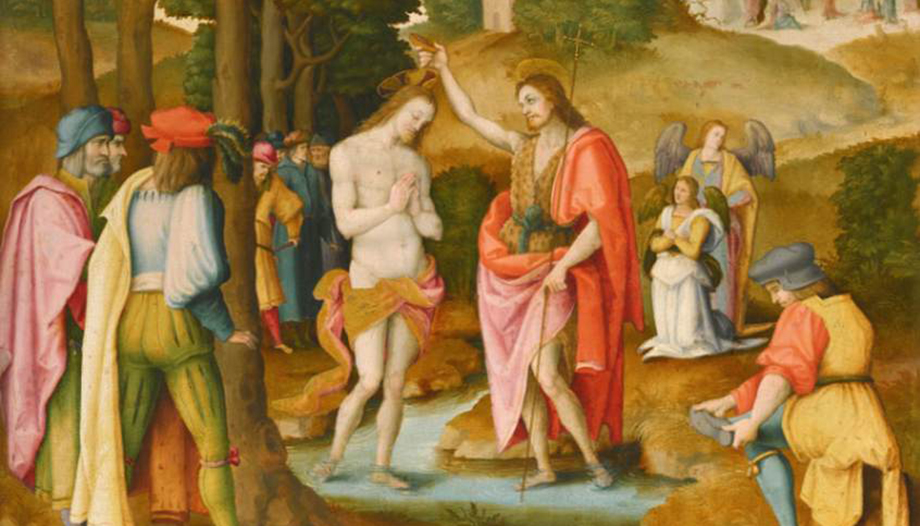
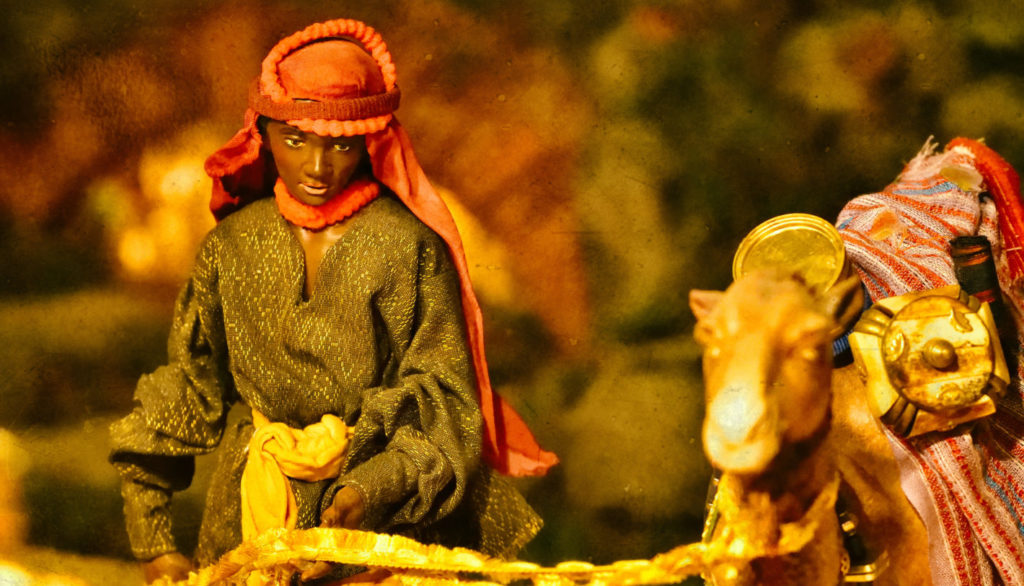
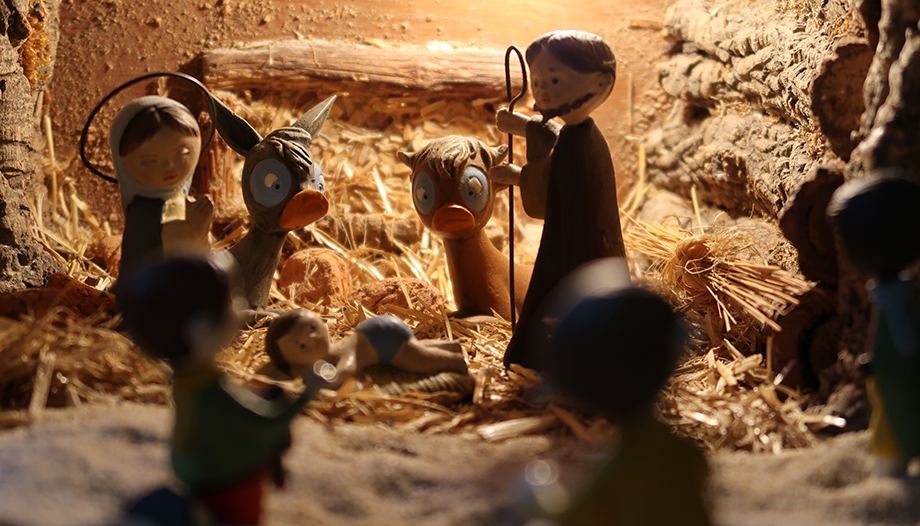

 Types of love and feelings
Types of love and feelings